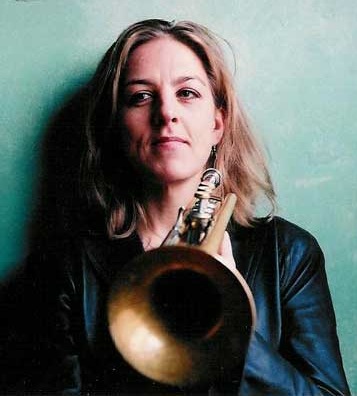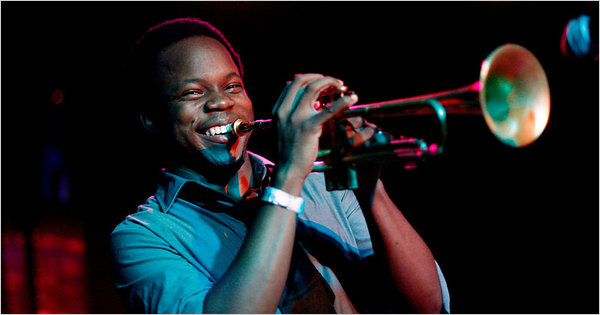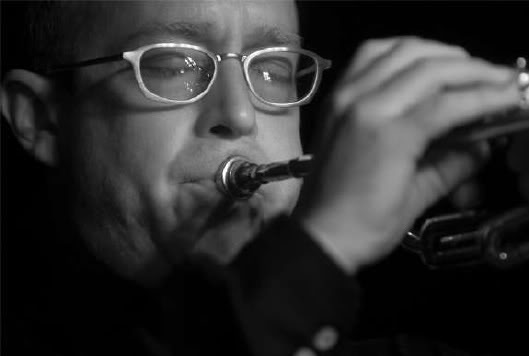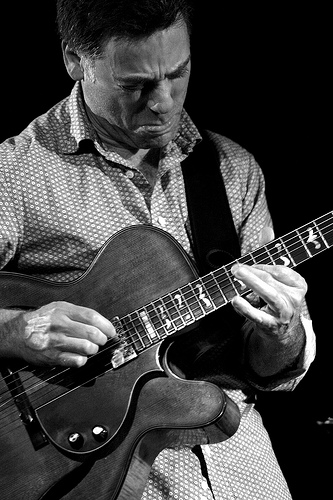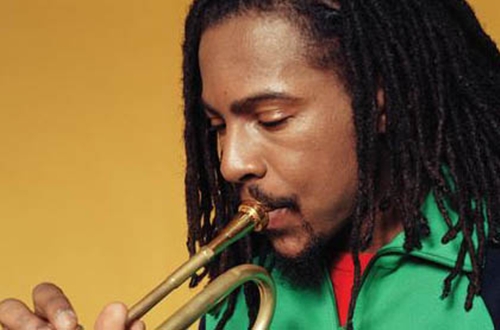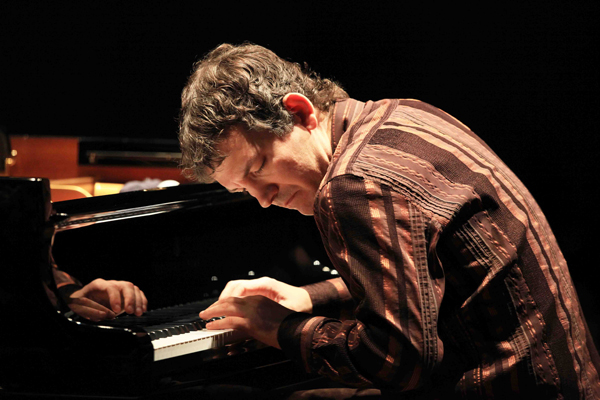Transcription: Eb, Bb, Bb with Octave Adjustments, C, Bass Clef
Recording: Letter to the Free – Elena Pinderhughes Solo
OKAY
So…it’s been a while. I’ve transcribed and learned many solos since my last post, but I’ve also started teaching at McNally Smith College of Music in St Paul and have toured with several bands all over the world since then too, so it’s been a little crazy. Naturally, the solo that would make me want to post here again would be a….flute solo? Yes. A flute solo.
SKM, meet Elena Pinderhughes. I’ve been checking out Elena’s stuff since I starting learning one of her solos on a Christian Scott album. The thing that stands out the most about her playing is her feel. Her feel is ridiculous. I learned this solo by ear first and played along trying to match her feel throughout the solo. That’s recommendation #1 from me as you start to learn this solo. That’s not to say her note choice isn’t – how did Ferris Bueller say it? “choice” – because it is.
Not unlike a trombone shorty solo I transcribed a while ago and posted here, Elena primarily uses the pentatonic scale throughout her solo, with a few major/natural minor scale uses and a couple spots where she’s playing borrowed pentatonic scales. For instance, she slips outside the key and plays in C major (over a tune that I hear as being in Eb major) for a measure, which actually corresponds with a passing chord Robert Glasper is playing that includes that E natural (Cadd9/E) — It should be said that I copied and pasted the progression over the solo (thanks to my dudes Reid Kennedy and Kevin Gastonguay for taking a listen and giving me their harmonic opinions), and it’s possible Glasper is playing something different in the Cadd9/E spot when it comes around each time. You often hear him slip in and out of keys a 1/2 step away, so it’s hard to put a definitive finger on the progression.
Later in the solo, Elena plays the Bb major pentatonic scale (second half of measure 10) temporarily before moving back to the Eb major pentatonic. I love the sound of two closely related pentatonics being used. When you’re messing with this idea on your own, try playing over a Ima7 chord using the major pentatonic scale starting on the second scale degree (which will give you the 9, 3rd, #11, 13 and ma7). Then try the same idea starting on the 3rd a scale degree for a more dissonant sound. Continue up the scale and see what sounds cool!
Enjoy this super killing solo (and band!) – the entire concert can be seen and heard here: https://www.youtube.com/watch?v=2AChGszRGwI

